Web Content Accessibility Guidelines
Most popular
 Status: Free TrialFree TrialStatus: AI skillsAI skillsG
Status: Free TrialFree TrialStatus: AI skillsAI skillsGGoogle
Build toward a degree
Professional Certificate
 Status: Free TrialFree Trial
Status: Free TrialFree TrialCourse
 Status: Free TrialFree TrialU
Status: Free TrialFree TrialUUniversity of Michigan
Specialization
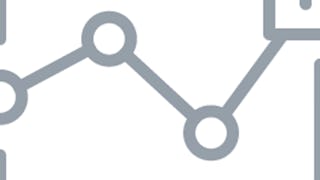 Status: Free TrialFree Trial
Status: Free TrialFree TrialCourse
Trending now
 Status: Free TrialFree TrialStatus: AI skillsAI skillsG
Status: Free TrialFree TrialStatus: AI skillsAI skillsGGoogle
Build toward a degree
Professional Certificate
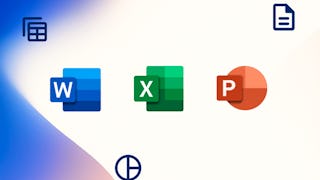 Status: Free TrialFree TrialM
Status: Free TrialFree TrialMMicrosoft
Specialization
 Status: Free TrialFree Trial
Status: Free TrialFree TrialCourse
 Status: Free TrialFree Trial
Status: Free TrialFree TrialCourse
New releases
 Status: PreviewPreviewC
Status: PreviewPreviewCCoursera Instructor Network
Course
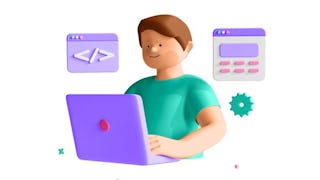 Status: Free TrialFree Trial
Status: Free TrialFree TrialSpecialization
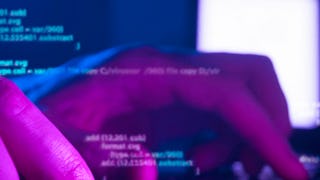 Status: Free TrialFree TrialB
Status: Free TrialFree TrialBBoard Infinity
Specialization
 Status: Free TrialFree Trial
Status: Free TrialFree TrialSpecialization
Filter by
SubjectRequired *
LanguageRequired *
The language used throughout the course, in both instruction and assessments.
Learning ProductRequired *
LevelRequired *
DurationRequired *
SubtitlesRequired *
EducatorRequired *
Results for "web content accessibility guidelines"
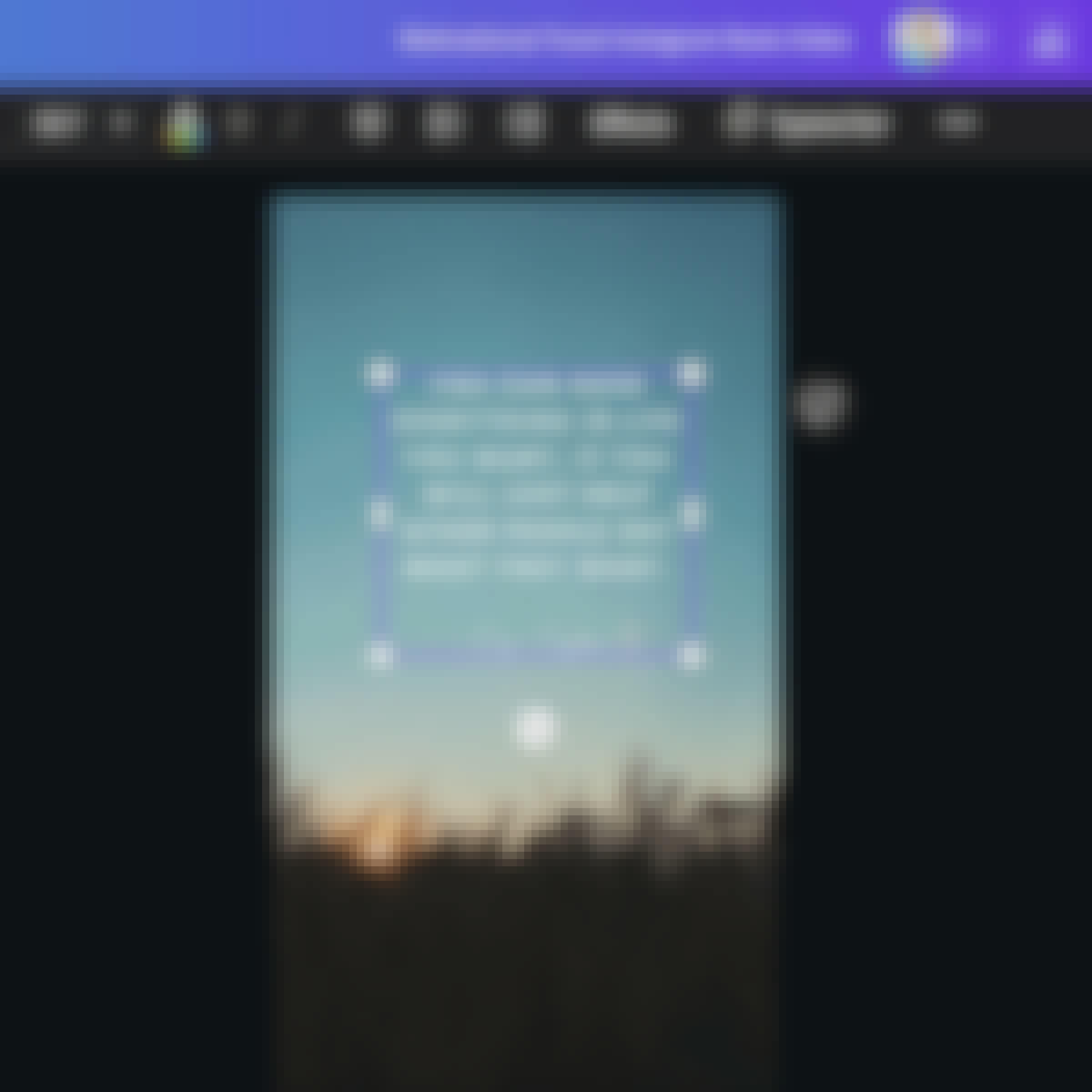 Status: NewNewStatus: Free TrialFree TrialS
Status: NewNewStatus: Free TrialFree TrialSSkillshare
Skills you'll gain: Canva (Software), Web Content Accessibility Guidelines, Social Media Content, Content Creation, Social Media, Social Media Marketing, Productivity, Drive Engagement, Creative Design, Video Production, Animations, Design, Branding, Collaboration
Mixed · Course · 1 - 3 Months
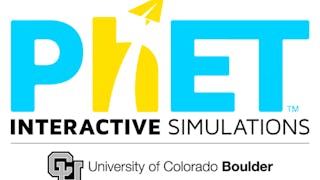 Status: Free TrialFree TrialU
Status: Free TrialFree TrialUUniversity of Colorado Boulder
Skills you'll gain: Mathematics Education, Education Software and Technology, Student-Centred Learning, Simulations, Pedagogy, Simulation and Simulation Software, Design Reviews, Survey Creation, Lesson Planning, Web Content Accessibility Guidelines, Interactive Design, Experimentation, Science and Research, User Feedback, Chemistry, Physics, Technical Support, Biology
Beginner · Specialization · 3 - 6 Months
 Status: Free TrialFree Trial
Status: Free TrialFree TrialSkills you'll gain: React.js, User Interface and User Experience (UI/UX) Design, Unit Testing, HTML and CSS, User Interface (UI), Code Review, Front-End Web Development, User Experience, Git (Version Control System), Web Content Accessibility Guidelines, Usability, Web Applications, Software Testing
Intermediate · Course · 1 - 4 Weeks
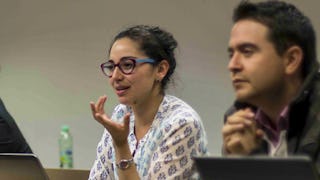 U
UUniversidad de los Andes
Skills you'll gain: Test Automation, Software Testing, User Story, Android Development, Agile Software Development, Kotlin, Sprint Planning, JavaScript Frameworks, Security Requirements Analysis, Acceptance Testing, Regression Testing, Usability, Infrastructure As A Service (IaaS), System Testing, Cloud Computing, Authorization (Computing), Web Content Accessibility Guidelines, Application Security, Android Studio, Platform As A Service (PaaS)
Credit offered
Mastertrack · 6 - 12 Months
 U
UUniversidad de los Andes
Skills you'll gain: User Story, Test Driven Development (TDD), Continuous Integration, Test Automation, Version Control, Software Testing, Git (Version Control System), Software Architecture, Maintainability, JavaScript Frameworks, Acceptance Testing, Software Design, Regression Testing, Usability, System Testing, Web Content Accessibility Guidelines, Angular, Agile Software Development, Application Design, Software Design Patterns
Credit offered
Mastertrack · 6 - 12 Months







